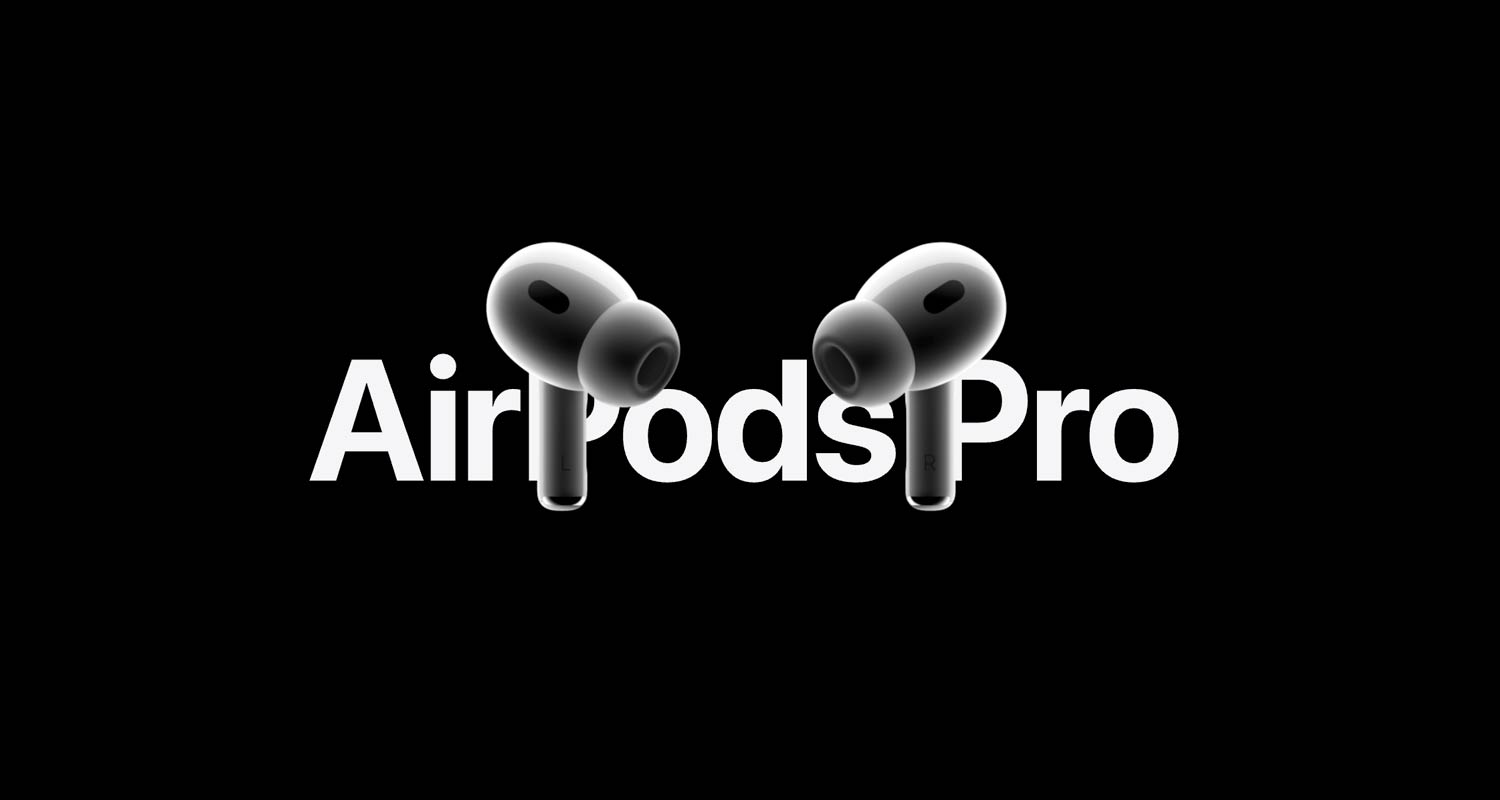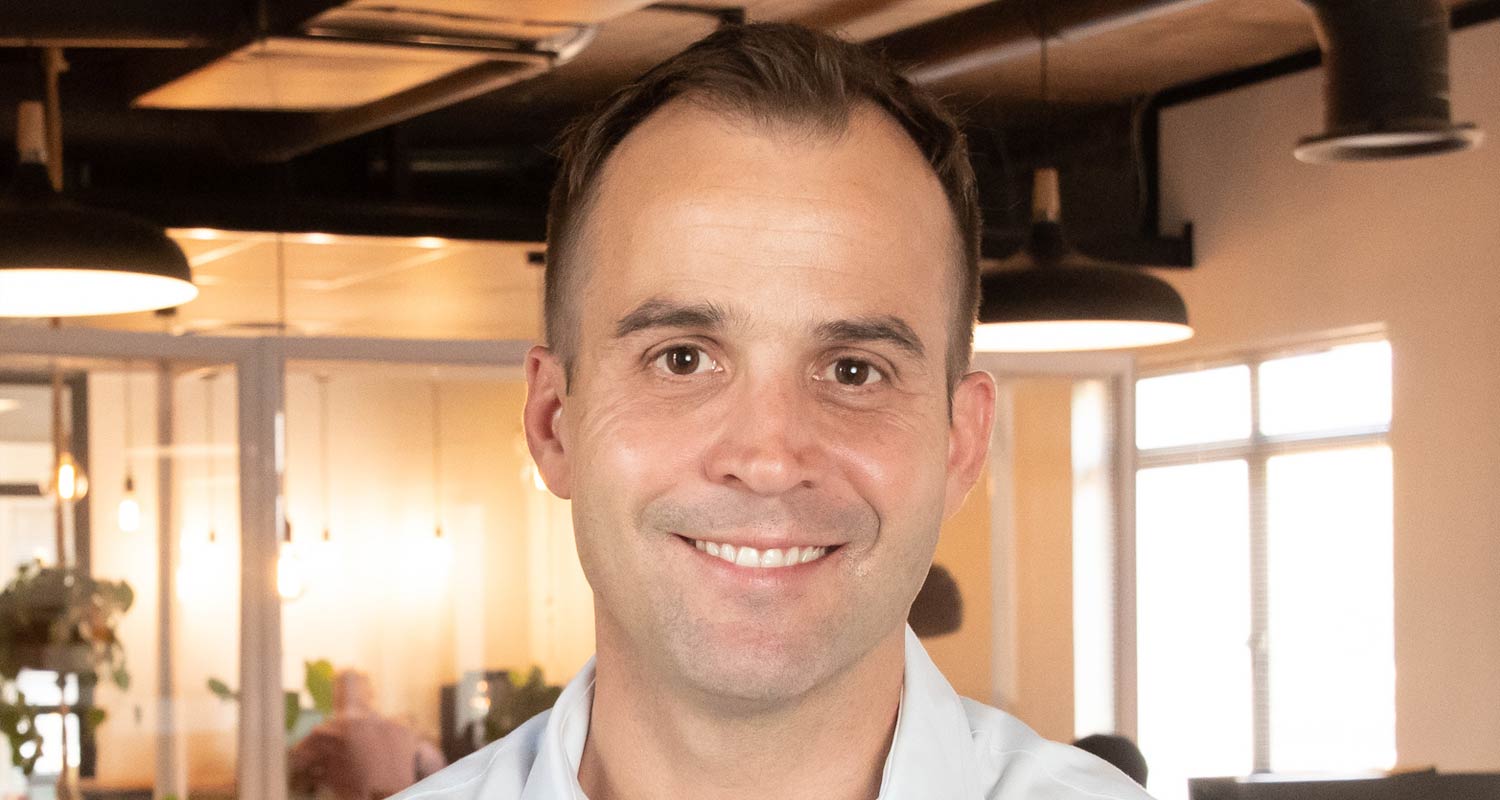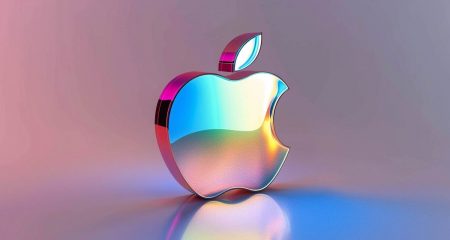 US regulators last week approved the use of Apple’s earbuds, the AirPods Pro 2, for use as hearing aids. The move places the company in a strong position to disrupt the hearing aid market not just in the US, but worldwide – and South Africa is no exception.
US regulators last week approved the use of Apple’s earbuds, the AirPods Pro 2, for use as hearing aids. The move places the company in a strong position to disrupt the hearing aid market not just in the US, but worldwide – and South Africa is no exception.
The new AirPods Pro 2 cost $249 in the US (about R5 000 in South Africa including VAT but excluding import duties; official local pricing is expected soon), while hearing aids typically cost multiples of that – up to about R100 000. The hearing aid functionality will arrive as a software update in the coming weeks, Apple has said.
“The approval of Apple’s earbuds as hearing aids is a positive step towards increasing awareness and accessibility of hearing care,” De Wet Swanepoel, professor in the department of speech-language pathology at the University of Pretoria, told TechCentral.
“It opens up new options for people with hearing loss, particularly in countries like South Africa where affordability and access remain significant challenges,” Swanepoel said.
“While South Africa’s regulatory environment may still need to adapt, this development signals a shift in the global hearing care landscape, offering more choice for individuals and fostering broader advocacy for hearing health.”
According to Swanepoel, the hearing aid market in South Africa is split between the public and private sectors. Although public healthcare provides hearing aids free of charge, access is often limited by long waiting lists, with waiting times ranging from six to 12 months. Even then, they are usually limited to one device per person.
Regulatory approval
In the private sector, the devices are readily accessible, but the cost can be prohibitive. Typically, hearing aids range in price from R10 000 for a basic model to R100 000, and even comprehensive medical aid plans usually do not cover the full cost.
The result is that many South Africans who need hearing aids remain without them. The problem is just as severe abroad, with 2021 estimates by the World Health Organisation concluding that fewer than one in four of the 460 million people living with disabling hearing loss and who need hearing aids actually use them.
The South African Health Products Regulatory Authority (Sahpra) is the entity that must give its go-ahead to Apple’s AirPods Pro 2 being used as a hearing aid. However, said Swanepoel, the Health Professionals Council of South Africa will also need to be involved to allow for over-the-counter hearing aids to be made available to consumers without the involvement of audiologists.
Read: iPhone 16 price drop in South Africa
According to the Apple website, the AirPods Pro 2 will soon get a software update that will provide a diagnostics tool to help users diagnose hearing impairment. The device’s H2 chipset, developed by Apple, is supported by machine learning algorithms that selectively boost or lower specific frequencies so that sounds are clearer, said Apple. Of course, regular earbud functionality is available apart from the hearing aid feature.
On the iStore website, owned by licensed Apple distributor Core Group, the first generation AirPod Pro’s retail for R5 499, suggesting the hearing aid-capable second generation will retail for far less than hearing aids with similar capabilities.

Apple has said it plans to launch the hearing aid functionality in more than 100 countries, which will almost certainly include South Africa. This approach isn’t entirely new for Apple, Swanepoel said, and is similar to how its ECG feature is approved for measuring clinical heart health metrics on the Apple Watch.
“The hearing aid functionality is groundbreaking in that it doesn’t just measure health but also provides an intervention. There’s significant anticipation to see how this feature will be rolled out in various countries, especially since, at the moment, only the US has a formal over-the-counter hearing aid category,” said Swanepoel.
One big downside? According to Apple, the hearing aid requires the AirPods Pro 2 to be paired with an iPhone or iPad running iOS 18 or iPadOS 18. – © 2024 NewsCentral Media
Don’t miss:




